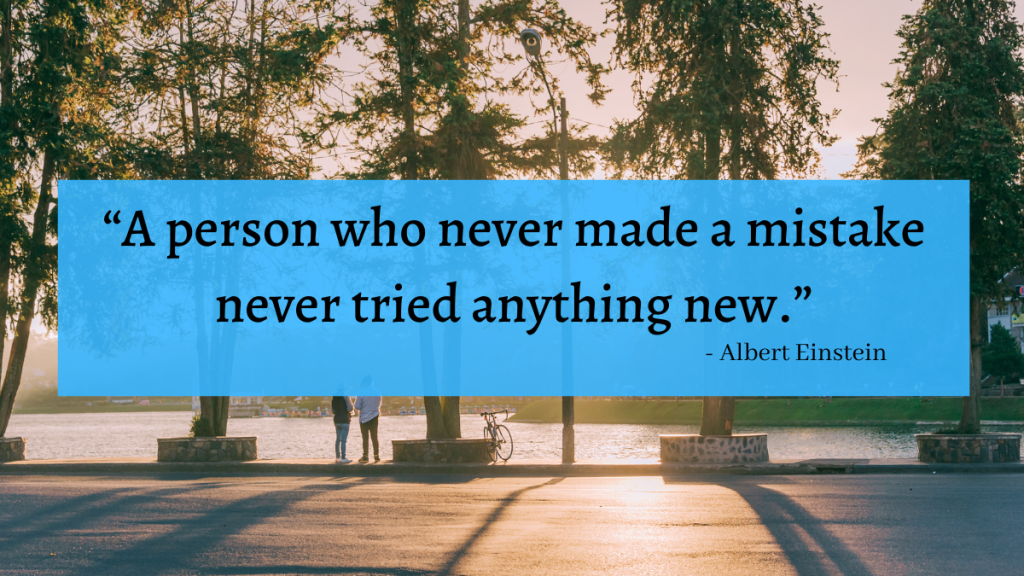
It’s winter, which means we’re all tired and the desire to do anything is as frozen as the weather. I often write about how challenging winter can be for our mental health, and this happens every year. Like the seasons, we go through our own cycles and reach the same points throughout the calendar year. Although January has become a time of resolutions and rebirth, I enjoy putting that off. For me, January is a time of rest. But despite feeling that way, I don’t think I did it the right way. Reflecting on this has led me to a new way of thinking about how and why I need to rest.
Why do we rest? At first glance, this question has a simple answer: we need it to function. Rest has several benefits for our quality of life, without a doubt (seems like a good idea for a future post!). But at the end of the day, humans need rest to be the best we can be.
So, since we all know how important rest is, why don’t we get enough of it? According to the results of the “Rest Test,” a survey conducted by Durham University,
more than “two-thirds of the public would like to rest more… the study also revealed that almost a third of respondents said they needed more rest than the average person, while 10 percent think they needed less.”
This survey, which was completed by more than 18,000 people in 134 different countries, says a lot about our vision of rest as a society. We need to rest and we are not getting it.
Looking inward, I thought why do I rest? I know the benefits of rest. Improves my health (physical, mental, emotional, etc.); calms me when I am plagued with anxiety; and plays a vital role in my mental health toolkit. But this is where I went wrong in my thinking. Almost 100% of the time I use rest as a tool. And while I think it’s a good tool, it shouldn’t be used just that way.
In fact, when I think about it, I’m often resting so that when I’m done I can immediately do something else. This doesn’t foster a healthy relationship with rest and puts undue pressure on me. My rest must be “good”, otherwise I won’t be able to do what I want. I’m not resting for him benefit of it, which can take away the power and benefits of doing it in the first place.
In this era of productivity and life transformation, I worry that rest is often misused. Why should I look to make the most of my body’s rest? What is the point of speeding up a process that restores my cognitive and physical health? What are we doing here?
I know a lot of this comes down to the time of year. I began to think of winter as my time to hibernate, and rest is key to that hibernation. But it’s something important to reflect on all year long. As I move through the winter, I hope to reevaluate my relationship with rest: why I do it, how I do it, and what I’m trying to achieve. By doing so, I hope to not only develop a healthier relationship with rest, but also with myself.
I’d love to hear from you on this topic! How do you think we view rest in today’s world? Why do you think people don’t get the rest they need? Do you think you are getting the rest you need?








